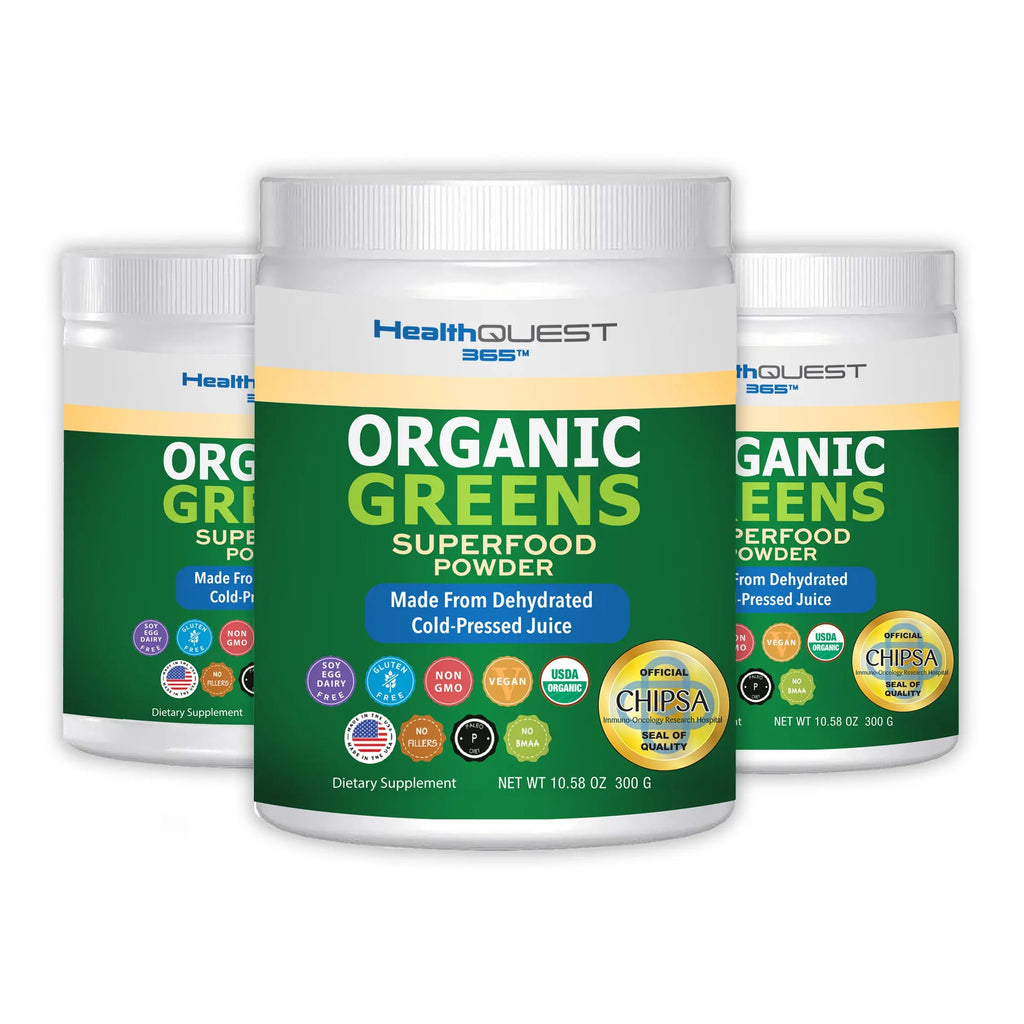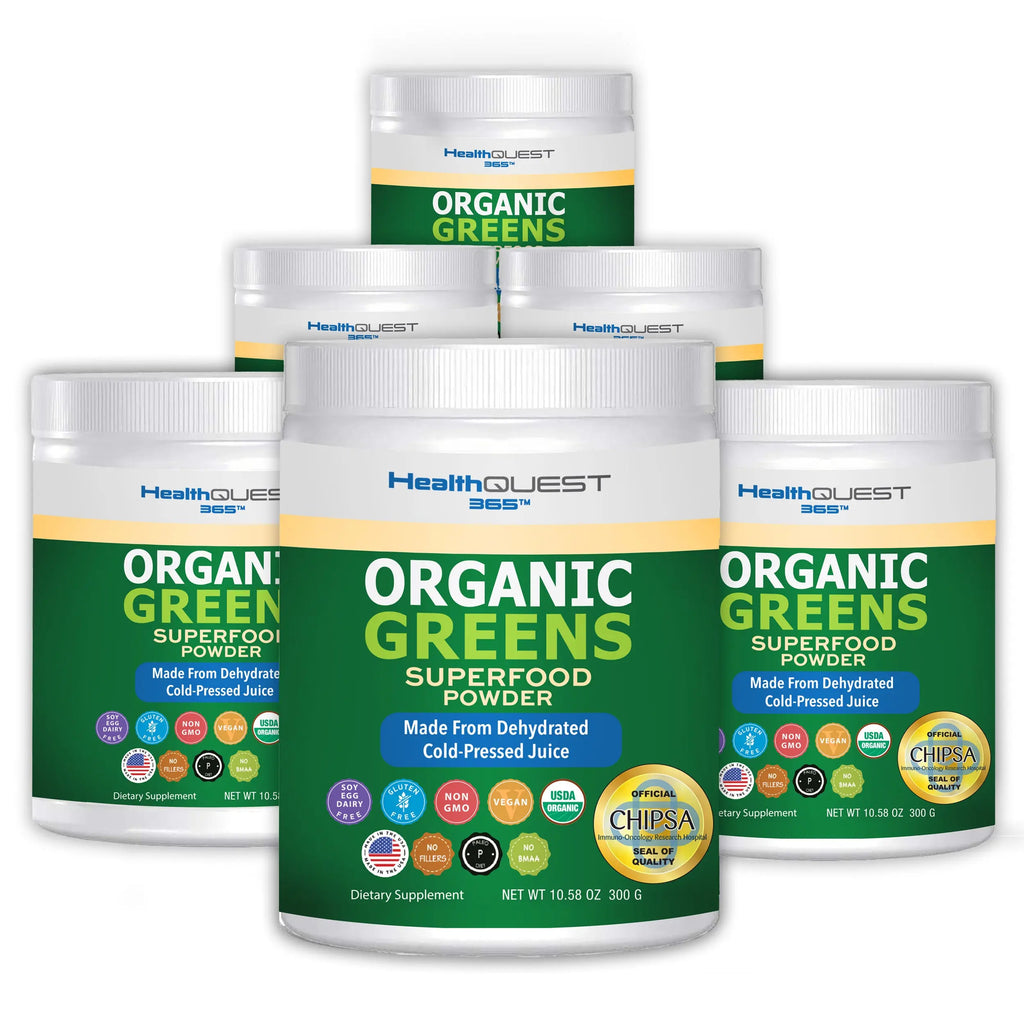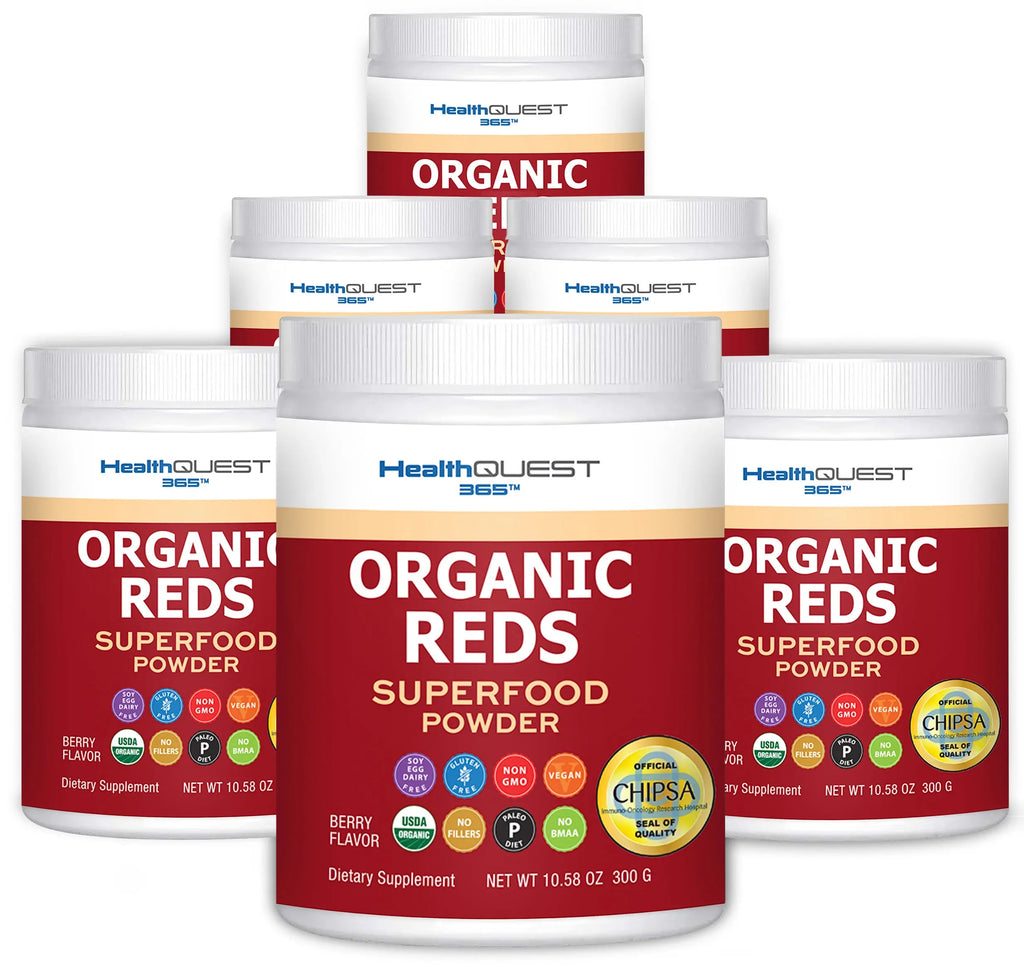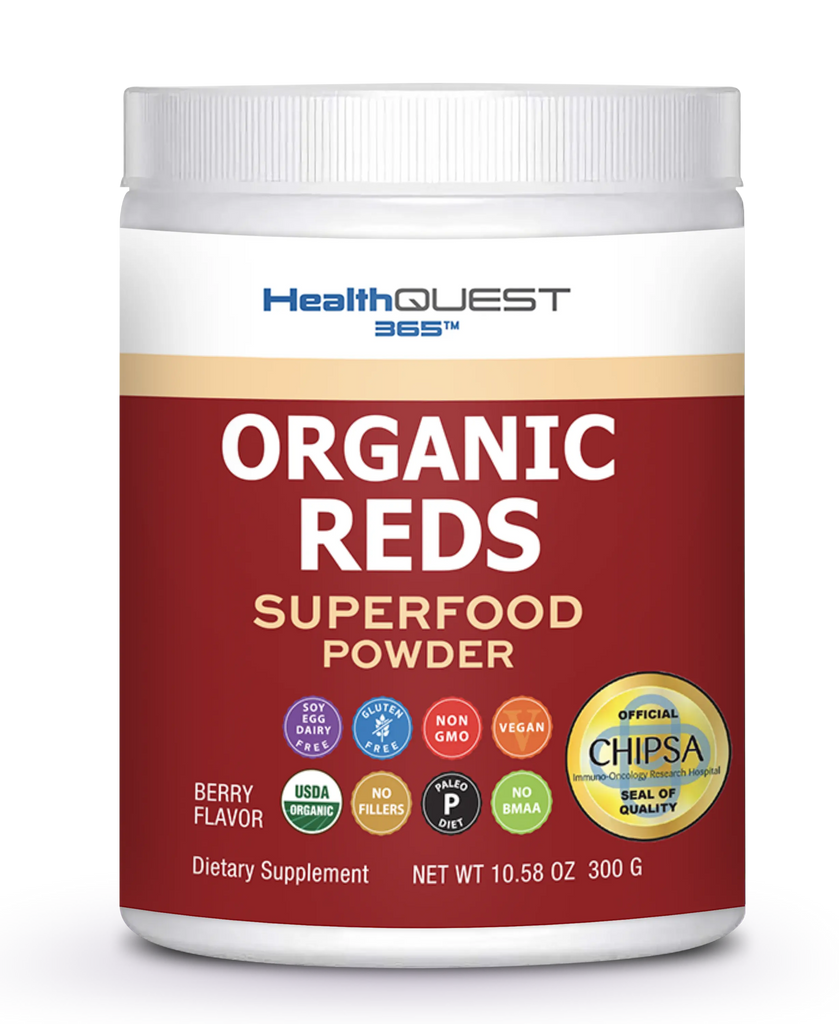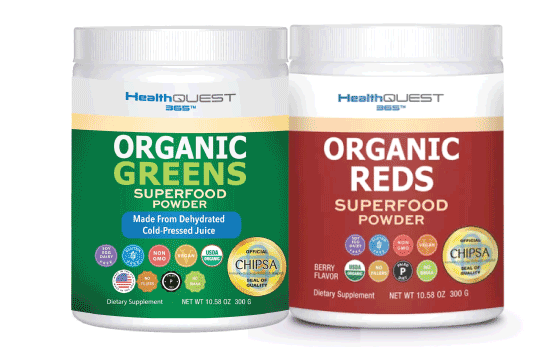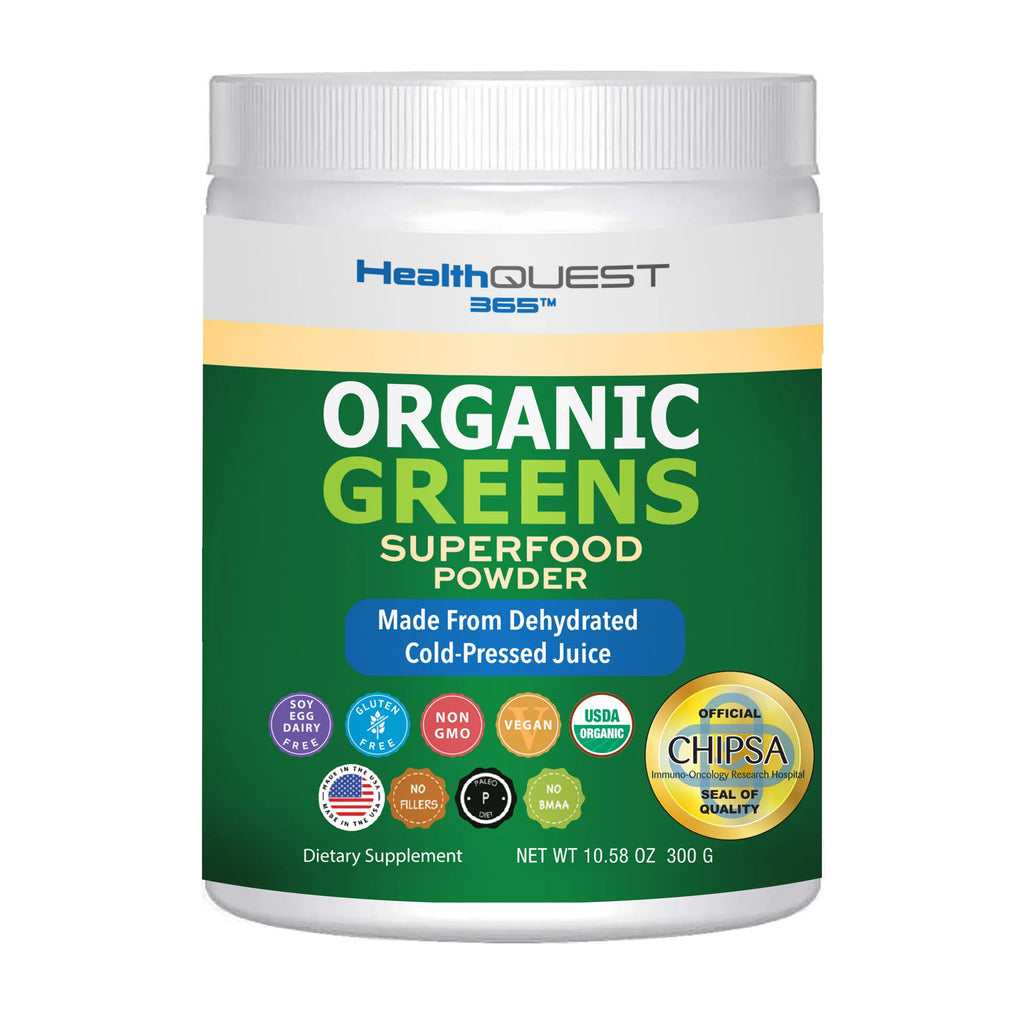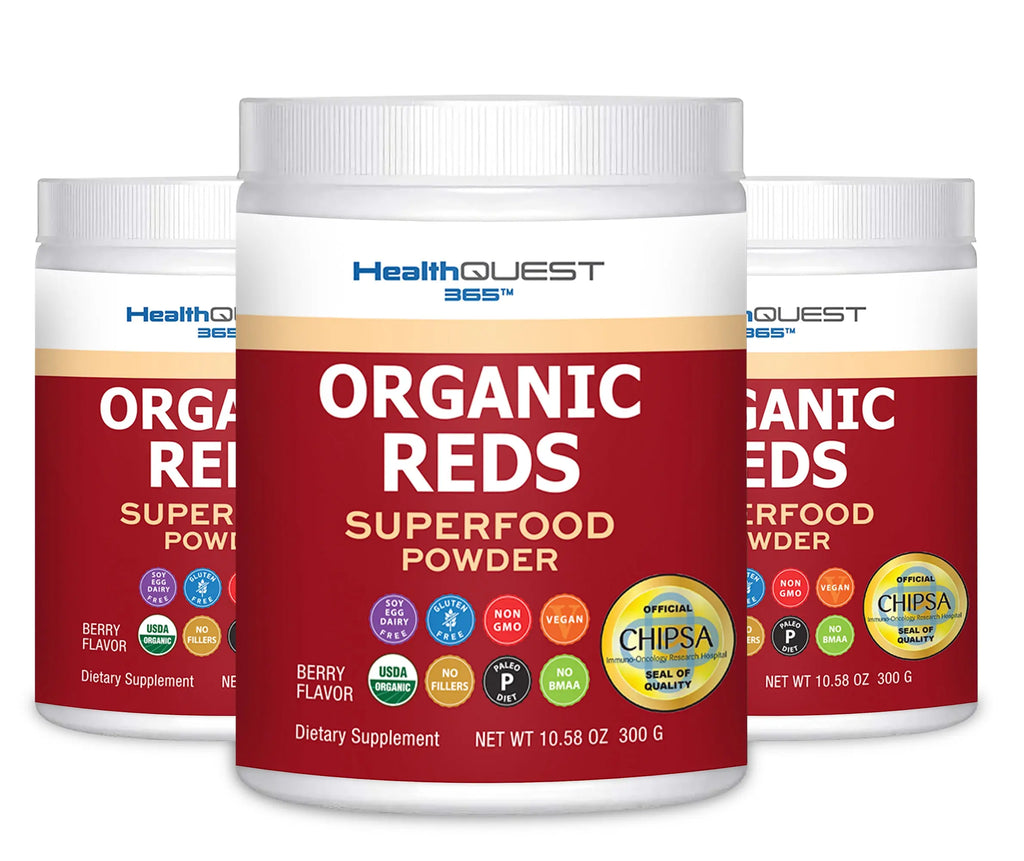It’s about health. It’s about healthy lifestyle. It’s about family™

Everything Organic Food
The "organic" adjective is thrown a lot these days. We see it on food labels, skincare products, and even clothing. But what does organic mean?
In this article, we'll explore everything organic. What does the term mean? Why is it important? And how you can make sure you're getting the most out of your organic products?

WHAT DOES ORGANIC FOOD MEAN?
The definition of organic describes things grown or produced without synthetic pesticides. There are also no herbicides or other chemicals involved.
Organic food is grown using natural methods and organic products are made using natural ingredients. On that note, an organic compound is a molecule that contains one or more atoms of carbon.
Organic fruits and vegetables are grown without synthetic pesticides or fertilizers. Organic dairy products are from cows that consume organic feed and access pasture. Organic eggs come from chickens that eat organic feed and roam freely.
WHY IS ORGANIC IMPORTANT?
There are a few reasons why organic is important. First, organic farming is better for the environment. It reduces pollution and conserves water. Second, organic foods are generally more nutritious than conventional foods. They contain more vitamins, minerals, and antioxidants.
ORGANIC FARMING
Organic farming practices build and maintain healthy soil. It helps reduce pollution and conserve water. Healthy soil helps filter out pollutants and store water. It also helps prevent erosion, which can lead to water contamination.
Organic farmers also use less energy than conventional farmers. This is because they rely on natural sources of nitrogen, phosphorus, and potassium. Organic farmers use cover crops and crop rotation to improve soil health. That further reduces their energy consumption.
Finally, organic farming supports biodiversity. Organic farms are home to a variety of wildlife, including birds, bees, and butterflies. Biodiversity helps ensure that ecosystems are healthy and can better withstand environmental disturbances.
Go ahead and enjoy that organic chicken! Feel free to try any organic food of animal or vegetable origin too.

Give You ALL Our Best Workbooks
Get all the Best Workbooks + Action Guides from our expert
THE BENEFITS OF GOING ORGANIC
There are many reasons why you might choose to buy organic products. For one, organic products are better for the environment. They are also generally seen as being healthier, both for you and for the planet. Here are some of the specific benefits of going organic:
-
Organic meat uses farming practices that conserve water and reduce soil erosion. They also promote the regeneration of the soil.
-
Organic fruits and vegetables are more nutritious. They have vitamins, minerals, antioxidants, and other nutrients than their conventionally grown counterparts.
-
Products with organic ingredients are free of synthetic and harmful chemicals.
-
Organic products are often made with sustainable, environmentally friendly practices.
-
Purchasing organic products supports farmers who are using sustainable growing practices.


FREE "Mystery Gift"?
Let me stay in touch with you via email and as a thank you - get this FREE gift.. Something others paid over $1,000 for.
(True story)

HOW TO MAKE SURE YOU'RE GETTING THE MOST OUT OF YOUR ORGANIC PRODUCTS
Now, you know a little bit more about organic products. You might be wondering how you can make sure you're getting the most out of your organic purchases. Here are a few tips:
Labels And Brands
Read labels carefully and look for products that are certified organic by a reputable organization.
You can also research brands to find those that commit to sustainable, organic practices.
INGREDIENTS
Look for products that are made with certified organic ingredients.
EVIDENCE-BASED
Avoid products that make claims that are not backed by scientific evidence.
LOCALLY PRODUCED
Choose products that are produced locally to reduce your environmental impact. You can check out your local forms for organic vegetables and other produce.

EDUCATION AND ADVOCACY
Educate yourself about organic standards and regulations. That way, you can make sure you're getting what you expect. Advocate for stricter organic standards and labeling requirements.
WHY YOU SHOULD ADD HEALTH QUEST 365™ ORGANIC GREENS TO YOUR CART
Going organic is a great way to support the environment and promote your health. By choosing organic products, you can avoid synthetic pesticides and herbicides. You can consume foods that are higher in nutrients. Also, you can support sustainable farming practices.
Keep in mind that not all organic products are created equal. Be sure to read labels carefully when you choose organic food of any plant or animal origin.
Check out Health Quest 365's Organic Greens 365 if you're looking for a tasty and nutritious addition to your new diet. It has everything you could wish for: gluten-free grass juices, fruits, plants, herbs, and vegetables!
FREQUENTLY ASKED QUESTIONS
"Organic" refers to food produced without synthetic pesticides, fertilizers, or GMOs, often perceived as healthier for consumers and the environment.
While organic food may contain higher levels of certain nutrients and fewer pesticide residues, the overall nutritional differences compared to conventional food are minimal.
Look for the USDA organic seal or certification labels from accredited organic certifying agencies on product packaging to ensure it meets organic standards.
Organic food often comes with a higher price tag due to production costs, certification requirements, and limited availability, but prices can vary depending on factors like location and seasonal availability.
Yes, organic farming practices prioritize soil health, biodiversity, and natural resource conservation, reducing chemical pollution, soil erosion, and greenhouse gas emissions compared to conventional agriculture.

